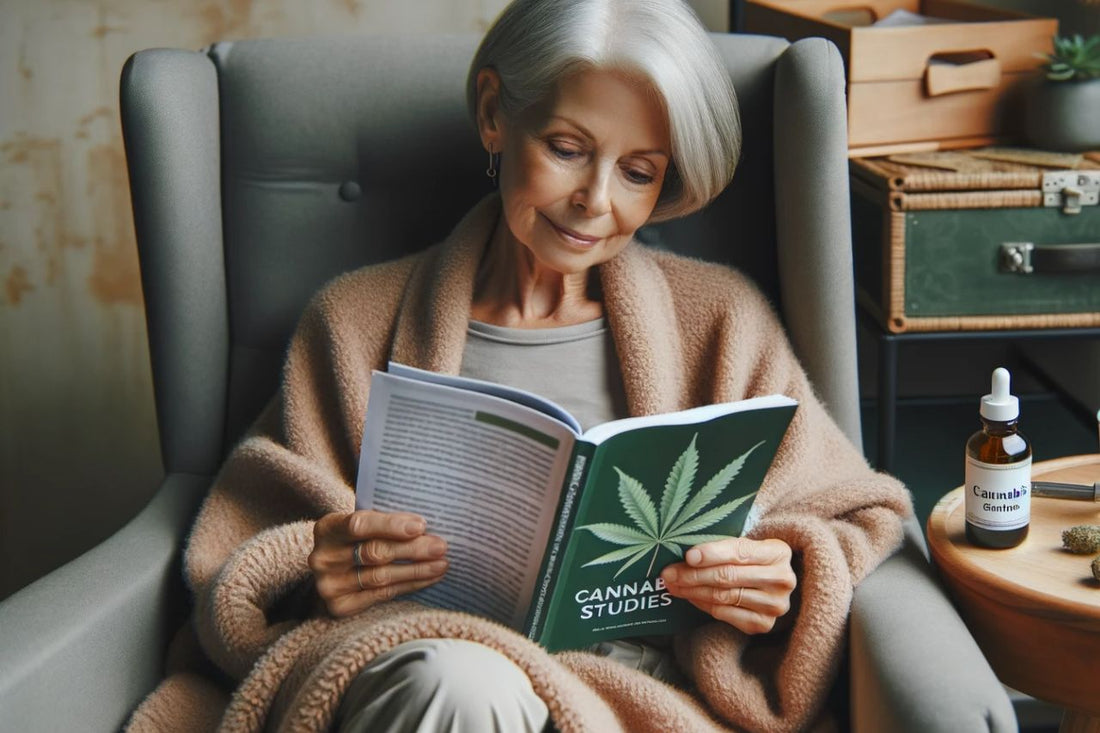Cannabis: A beacon of relief for the elderly
In a groundbreaking study published in the journal Biomedicines, a cohort of elderly patients in Israel experienced remarkable relief from chronic pain and depression after the sustained use of pharmaceutical-grade cannabis products.
This research, emanating from Tel Aviv, Israel, provides compelling evidence supporting the therapeutic benefits of cannabis for an aging population.
Study demographics and cannabis consumption
The observational study focused on 119 elderly patients with a mean age of 79, all of whom were prescribed medical cannabis products. Most participants, suffering from chronic pain, administered their treatment via tinctures and had been using cannabis products for a minimum of six months.
Significant health improvements noted
Authors of the study observed clinically significant reductions in chronic pain scores among the patients. Additionally, there was a nearly 50% reduction in opioid use following cannabis treatment, aligning with previous studies highlighting cannabis's role in opioid-sparing strategies.
Enhanced quality of life in advanced age
Remarkably, the study found that cannabis use led to reduced symptoms of depression and overall improvements in daily living activities, particularly in patients over the age of 80. This aligns with prior research indicating that older adults initiating cannabis treatment report health-related quality of life improvements.
Cannabis safety profile in the elderly
The study's findings also underscore the relative safety of cannabis therapy in the elderly, a demographic often concerned with the potential side effects of new treatments. The research concludes that cannabis not only contributes to the amelioration of depressive symptoms but does so with a favorable safety profile.
Implications for elderly patient care
The implications of these findings are profound, suggesting that medical cannabis could play a significant role in managing pain and depression among the elderly—a group traditionally reliant on pharmaceutical interventions.






